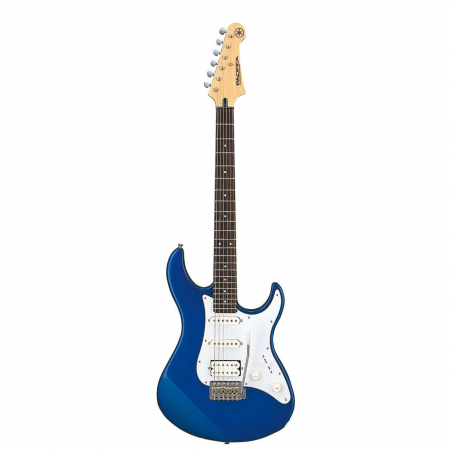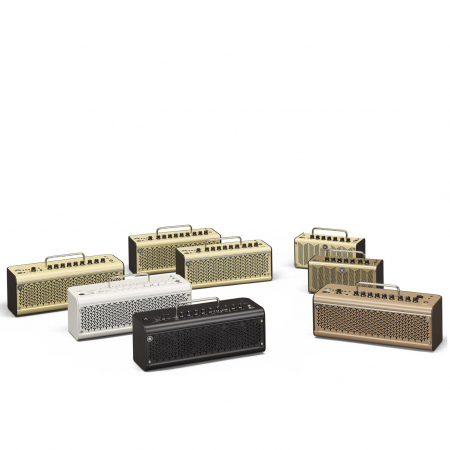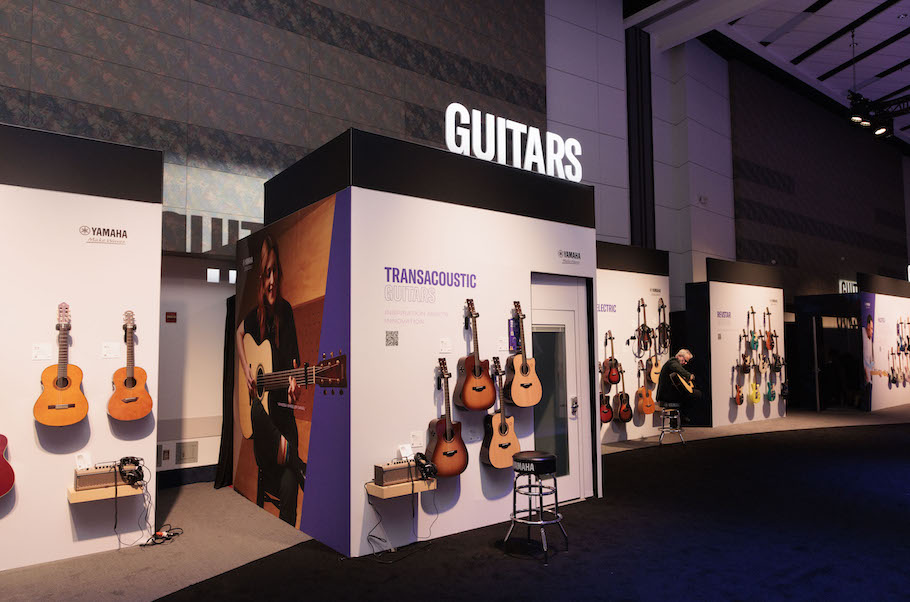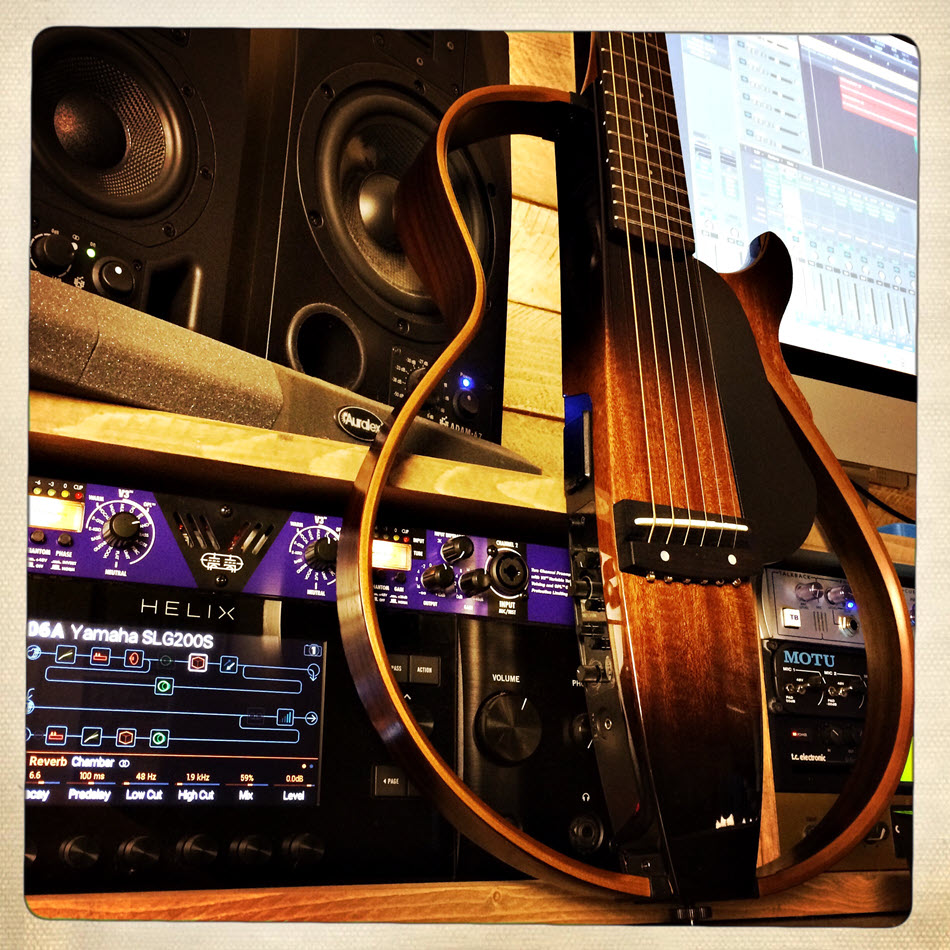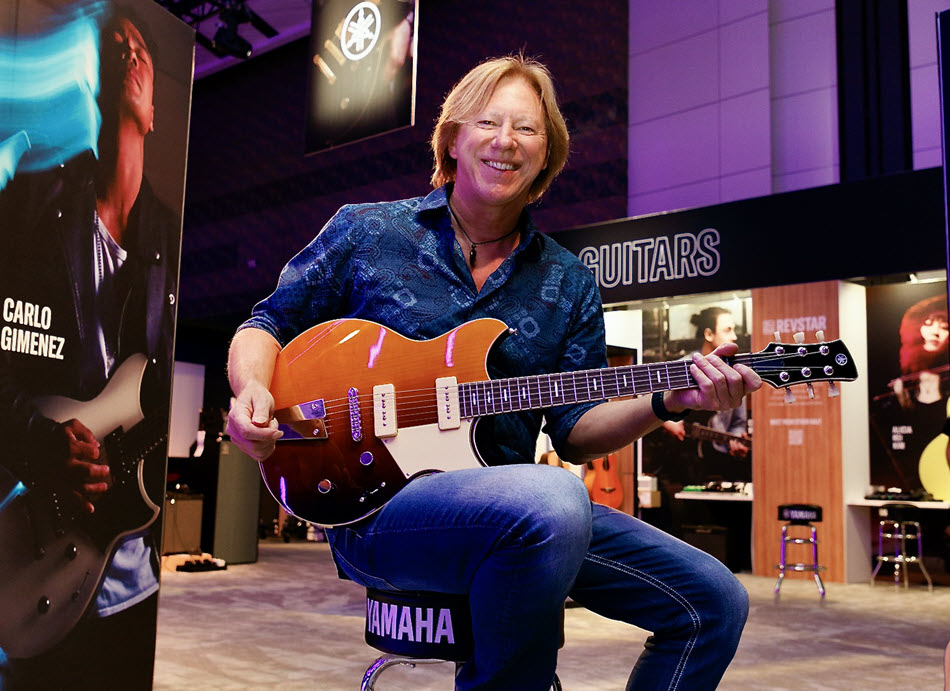Giving the Gift of Guitar
Four things you need to know (when you don’t know anything about guitars).
Around the holidays — well, actually all year long — I get phone calls, emails and texts (thank goodness carrier pigeons have gone out of fashion) from friends who want to buy a guitar, but don’t know much about them. Their questions sound something like this:
“Hey Tom, my (son or daughter) wants to play guitar. What’s the best one?”
“Hey. I’m at (pick a store) and they have a guitar here — would this be a good one for (me/my son/daughter/niece/nephew)?”
As much as I’d love to post my cell number and be everyone’s personal guitar shopper, this blog is meant to start you in the right direction and arm you with the information you need to find the right guitar to gift a loved one (or yourself).
Here are the four things you need to know to give a holiday gift that can bring a lifetime of enjoyment.
One: Get ‘em what they want to play
If you are buying a guitar for someone who knows what they want — great! Much of your work is done. The single most important decision is selecting an instrument that will make the person want to play. So if they want an electric guitar (don’t freak out — we’ll address the different types of guitars in just a minute), buy them an electric. If they want a classical guitar, buy them a nylon string model.
But what if they don’t know what they want? In that case, you’ll need to do a bit of detective work. It’s easy: Simply find out what kind of music they love and want to play. Determine what musicians or music genres they listen to, and then see what type of instrument those artists usually play. If your gift recipient is a fan of contemporary pop or country music, an acoustic steel-string guitar will fit the bill. If they are enamored with classic rock bands, an electric guitar is probably in order. If they’re into folk or classical music, a nylon string guitar is your best bet.
Two: Types of guitars to consider
The second thing you need to know is just a bit about the different types of guitars you can choose. The good news is, there are really just three of them:
Acoustic steel-string guitar. This is the most popular style for a new player. As the name suggests, this guitar makes sound without an amplifier, so all you need is the guitar itself to make music. It also has steel strings, which have a distinctive sound. You may have heard that steel strings are hard on the fingertips, and this is true to a point, but most people adapt quickly.
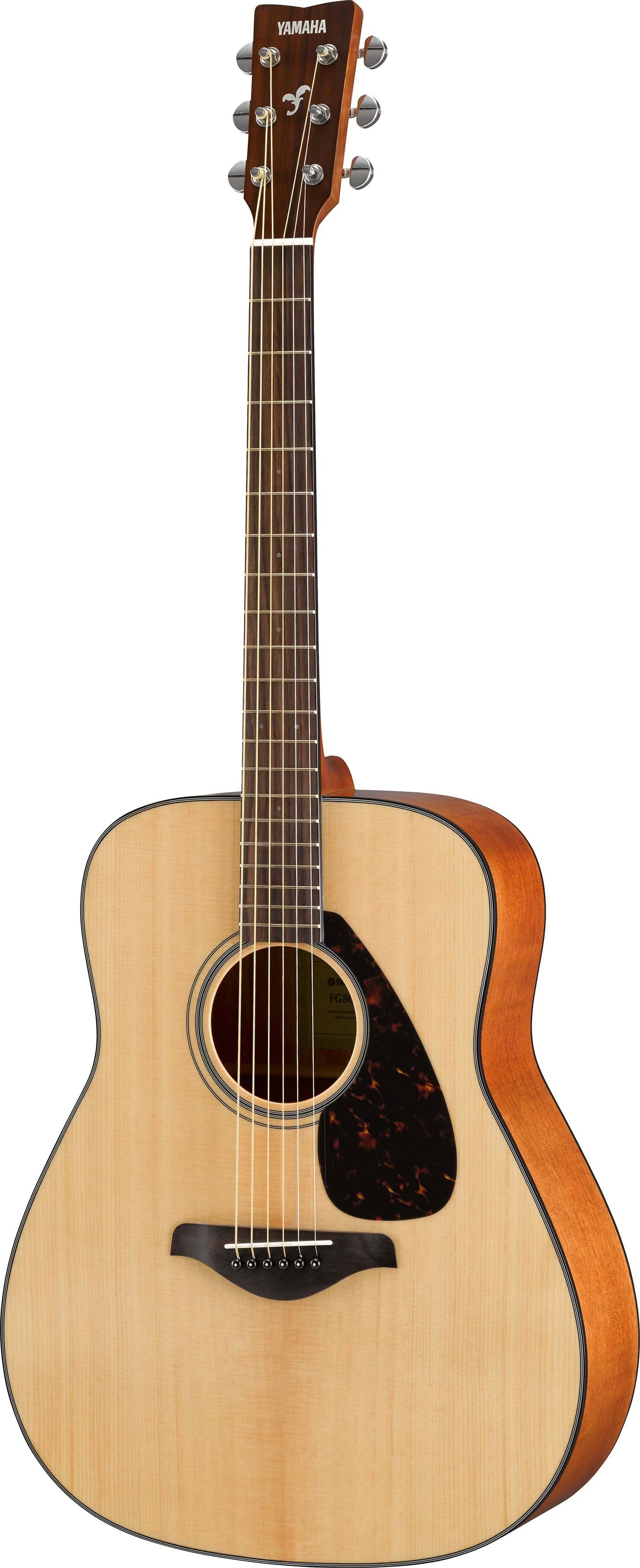
If you are considering a steel-string guitar, I have two important tips. First, choose a size that’s right for the player-to-be. Folks with smaller hands and bodies will find a smaller body guitar easier and more enjoyable to play. Young teenagers, children and some adults find this to be the best choice.
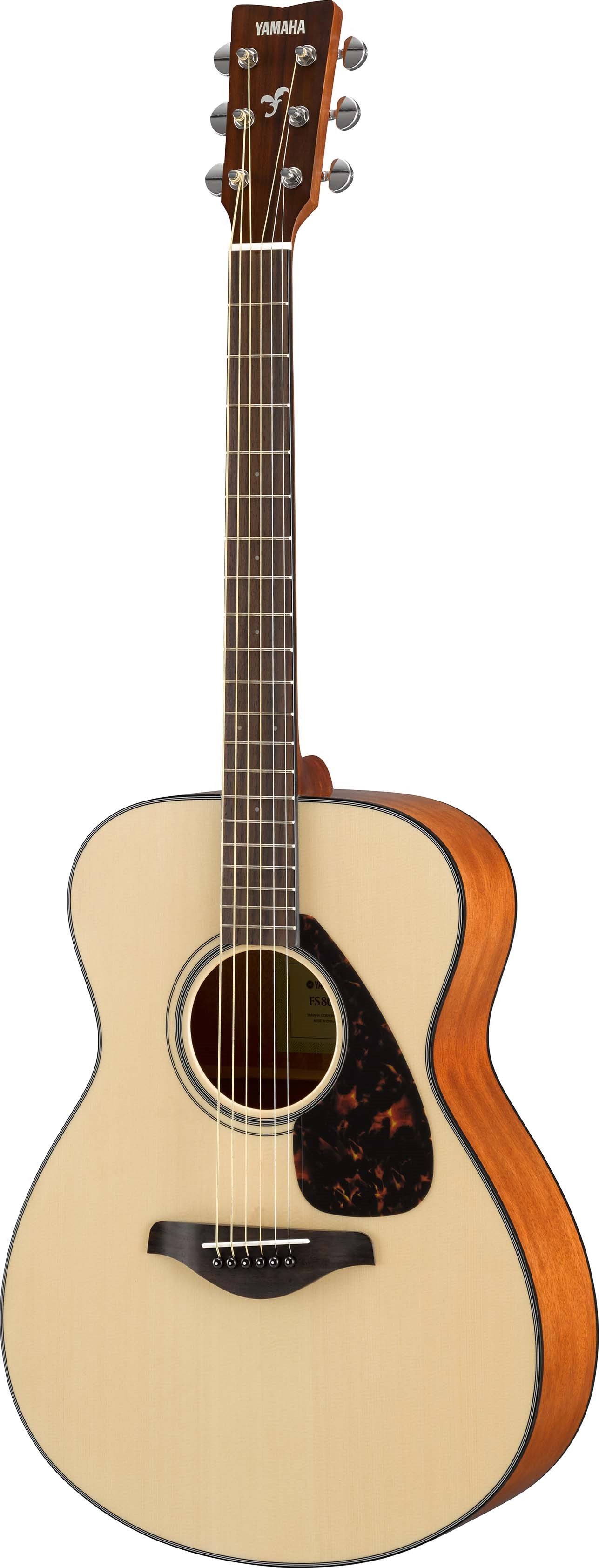
Secondly, if the person to whom you are gifting the guitar has aspirations of performing or recording, an acoustic-electric guitar is a good way to go, since this type of guitar allows them to play acoustically and also plug in and play amplified.
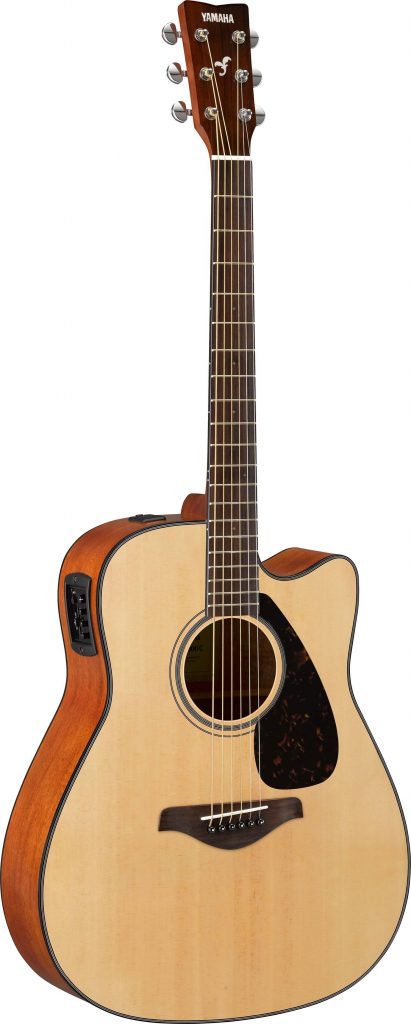
Classical (nylon string) guitar. As the name implies, the strings of these instruments are made of nylon. This type of guitar has a distinctive sound that is associated with classical music, and also some folk music. You may hear that it’s best to start with a nylon string guitar because it’s easier on the fingers, but as I mentioned earlier, most people adapt quickly to whatever kind of guitar they are given. Also, nylon string guitars often have wider necks, which can make it more difficult to play for some folks with smaller hands.
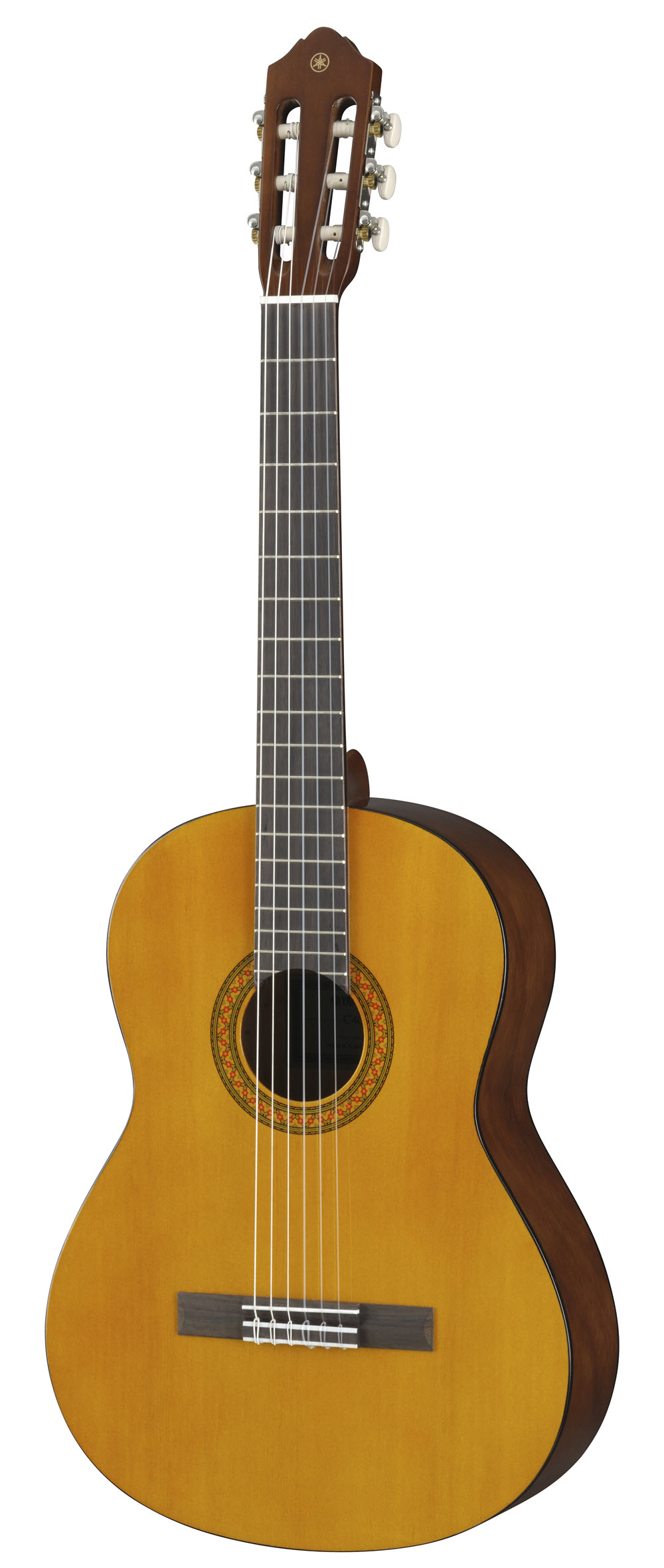
Electric guitar. For this type of guitar, you’ll also need an amplifier, since the guitar itself doesn’t make much sound. That adds somewhat to the initial expense and takes a bit more effort to plug in and play — but not much. On the other hand, beginners sometimes find electric guitars a little easier to play than acoustic guitars, since the strings may be closer to the neck (in the jargon, their “action” is lower), so less finger strength is required.
Three: It pays to accessorize
Home stretch. All the hard parts are done. Adding a few items to your gift can help your player start off strong.
The most frustrating part of learning to play guitar used to be tuning it! But no more. You can download a number of tuning apps for your smartphone that work great. There are also clip-on tuners that sell for well under $20. The important thing to know is that a tuner is a critical tool for any guitarist.
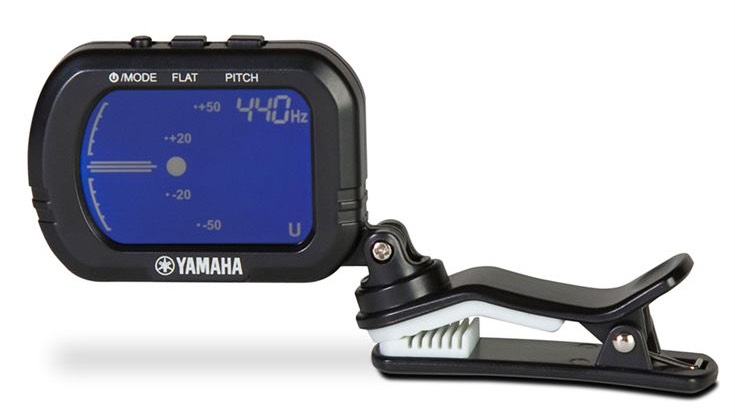
For most styles of music, a guitar strap is a great investment. The important function of a strap is that it lets a new player get their guitar in the right position right away.
And, if you’re buying for a burgeoning musician who will be taking their guitar to school, friends’ house or lessons, a case is really important too. For most purposes, a lightweight, soft case known as a “gig bag” works well and is not very expensive.
Four: Put a bow on it (with a teacher)
If you REALLY want to get your new guitar player off on the right foot, gift them a month of lessons with a qualified guitar teacher. A teacher will start them off right in terms of holding, tuning and playing the guitar. You can learn to play songs watching YouTube, but a real, live teacher makes a difference. Hit up your local music store — most offer lessons — or Google it.
Finally, a brief visit from the Ghost of Christmas Past. What if you have a guitar hanging around in a closet someplace. Is that OK to gift? I’d give that a definite maybe. It could be totally fine with a new set of strings and a slight adjustment or two, or it could be a one-way ticket to frustrationville for your player-to-be. My advice? Take it to a local music store and have them check it out for you.
Have fun finding that gift that can bring a lifetime of music! It lasts way longer than chocolate.
Click here to find out more about Yamaha guitars.










